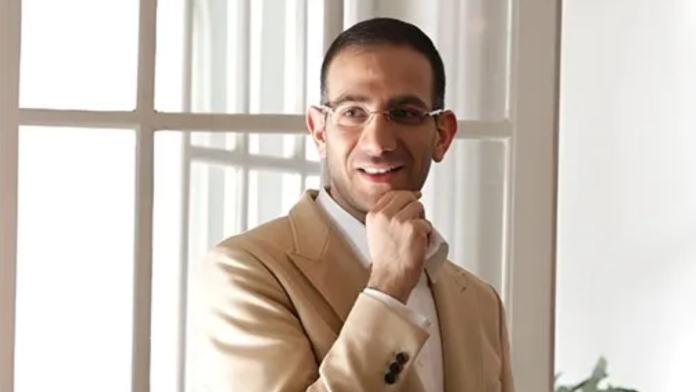The United States has launched a major investigation into Iranian oil tycoon Hossein Shamkhani over suspected breaches of American sanctions. The probe is being led by the US Justice Department and focuses on how large sums of money were moved across different countries through companies linked to Shamkhani. He is the son of Iran’s former security chief and a top adviser to Supreme Leader Ali Khamenei.
The investigation is examining whether sanctions were violated through a global business network involved in oil trading and shipping. The probe has received information from insiders within Shamkhani’s business operations and from banks that handled transactions linked to his companies. The Justice Department is mainly focused on Shamkhani rather than the banks that processed the payments. He is believed to have conducted most of his activities from Dubai, which is considered a key base for his business dealings.
Banks and Entities Under Review
JPMorgan Chase & Co., ABN Amro Bank NV, Marex Group Plc, Standard Chartered PLC, Emirates NBD PJSC and National Bank of Fujairah PJSC are among the institutions whose dealings with Shamkhani-linked firms are being reviewed. These banks and companies handled financial transactions over the years for entities connected to him.
Spokespeople for the Justice Department, JPMorgan, ABN Amro, Marex and Standard Chartered declined to comment. The National Bank of Fujairah said it is “not under investigation by the US Department of Justice,” while Emirates NBD stated it has not received any communication from US authorities on the matter. Shamkhani did not respond to a request for comment sent to his lawyers.
This latest probe is wider than the earlier review carried out by the US Treasury Department. In November, the Treasury was examining JPMorgan’s relationship with a hedge fund said to be overseen by Shamkhani. The new investigation aims to map out the full extent of the financial network and how it operated across multiple countries. The US may seek charges or arrests of individuals linked to the operations, and cooperation is expected from authorities in the United Arab Emirates.
Satellite images expose Iran’s ‘shadow fleet’ trading oil in South China Sea despite U.S. sanctions
Sanctions and International Actions
The United States imposed sanctions on Hossein Shamkhani in July, along with dozens of individuals, companies and vessels linked to his network. The US Treasury described this as its largest Iran-related sanctions action in seven years. The UK and the European Union also placed sanctions on Shamkhani and related entities.
US officials said that Shamkhani used his father’s political influence to build a fleet of tankers and container ships that transported Iranian and Russian oil to global markets. To avoid detection, he reportedly used aliases such as “H,” “Hector” and “Hugo Hayek.” Following the sanctions, Dominica cancelled a passport issued to Shamkhani under the name “Hugo Hayek,” and Panama removed its flag from several vessels tied to his companies. Some companies linked to him have since shifted parts of their operations to Oman.
U.S. waiver saves India’s $500-million Chabahar project — vital trade lifeline with Iran continues
How the Network Operated
Previously, Shamkhani’s network became a major channel for moving Iranian and Russian oil despite sanctions. According to the reports the network used shell companies, false identities and overseas structures to move oil and money across borders. It also said a hedge fund connected to him had offices in London, Dubai and Geneva to manage profits from the oil trade.
The Justice Department’s current investigation aims to understand how this network continued operating for so long and how funds moved across different countries. It is focusing on the flow of money, the companies that helped transport oil and the people involved in the scheme. The probe is ongoing and is expected to continue as US authorities work with other countries to gather evidence.


